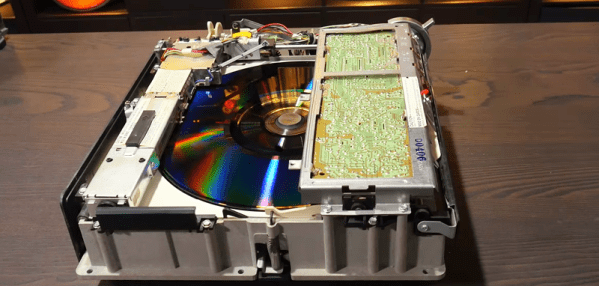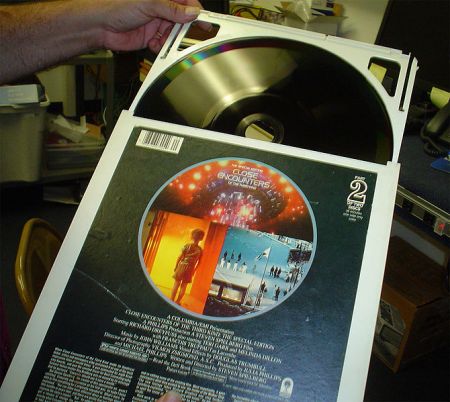It is easy to find technology success stories: the PC, DVD, and cell phone are all well-documented tales. However, it is a little harder to find the stories behind the things that didn’t quite take off as planned. As the old saying goes, “success has many parents but failure is an orphan.” [Technology Connections] has a great video about RCA’s ill-fated SelectaVision video disc systems. You can see part one of the video below.
 RCA started working on the system in the 1960s and had they brought it to market a bit earlier, it might have been a big win. After all, until the VCR most of us watched what was on TV when it was on and had no other options. You couldn’t record things or stream things and f you didn’t make it home in time for Star Trek, you simply missed that episode and hoped you’d get luckier when and if they reran it during the summer. That seems hard to imagine today, but a product like the SelectaVision when it was the only option could have really caught on. The problem was of course, that they waited too late to bring it to market. The video also makes the point that the system contained a few too many technical compromises.
RCA started working on the system in the 1960s and had they brought it to market a bit earlier, it might have been a big win. After all, until the VCR most of us watched what was on TV when it was on and had no other options. You couldn’t record things or stream things and f you didn’t make it home in time for Star Trek, you simply missed that episode and hoped you’d get luckier when and if they reran it during the summer. That seems hard to imagine today, but a product like the SelectaVision when it was the only option could have really caught on. The problem was of course, that they waited too late to bring it to market. The video also makes the point that the system contained a few too many technical compromises.












